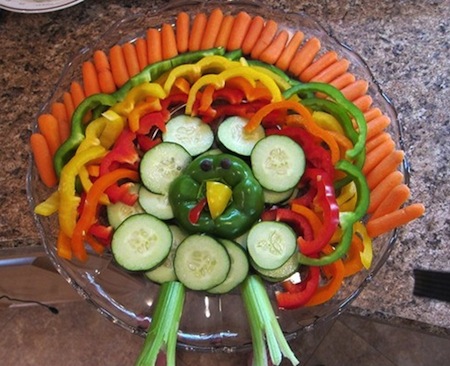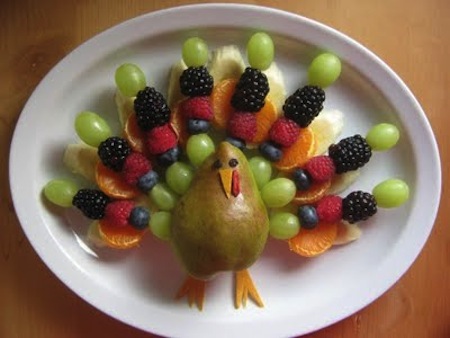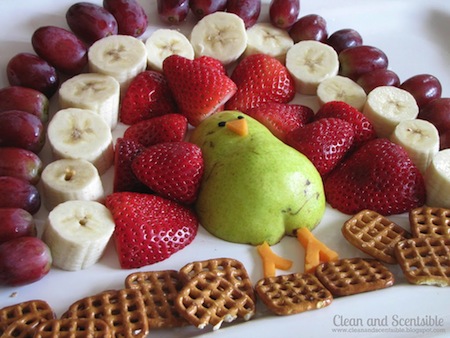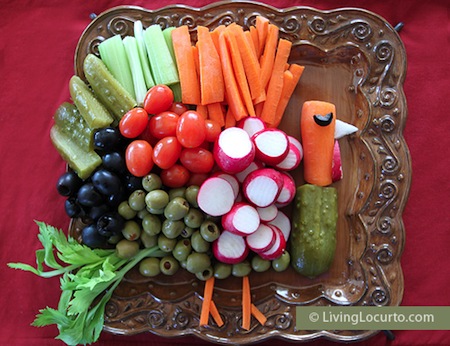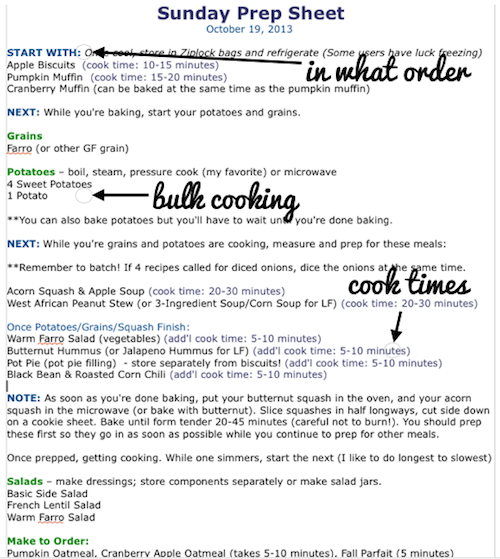Oct 11, 2013
I have a love-hate relationship with scales. On the one hand I recognize a scale can be a helpful tool, but on the other I think there are far better ways to track our progress and health.

For example, a body composition test (which determines what percentage of your body is muscle vs fat) and how clothes fit are a better indicator for weight-loss and tracking changes.
In my post, What Weighs More? A Pound of Fat or a Pound of Muscle, I talked about my client Julie who always weighed 145 pounds but looked drastically different when she was 20% fat at 145, and 35% fat at 145. (One of the many reasons why I encourage clients not to use numbers on a scale as a goal).
The other issue I have with scales is how detrimental they can be emotionally and for no good reason. A number on the scale is no true indicator of health and it doesn't given you other, important information about your health and weight-loss.
For example, many of my clients see a gain on the scale and they feel defeated and hopeless. They think they've gained weight -- gained fat, when they're gaining muscle.
Another problem I have? How addictive scales are.
If you're getting on the scale every day or worse, multiple times per day -- stop.
You shouldn't weigh yourself on a daily basis since there is a natural ebb and flow with the body. Daily fluctuations in weight are due to hydration -- water. (Remember: the body is mostly water).
Most people have a 1 to 2 pound fluctuation day-to-day. Women can have an even bigger fluctuation certain times of the month. Even within a few hours of waking our weight increases as we eat and drink.
You also can't expect to see true gains or true losses within a 24hour period. Most often any difference in 24, or even 48 hours, is a difference in water retention.
When I was a personal trainer, I always insisted my clients only weigh themselves once a week, at the same time/day every week, and after they have eliminated. That was (and still is) the best way to see true gains and losses. (Though I would prefer it if my clients didn't weight themselves at all).
If you want to weigh yourself to track your progress (losing fat, or gaining muscle) make sure you do it correctly:
How to Weigh Yourself Correctly
1. Always use the same scale. (Calibrate it regularly)
2. Weigh yourself once a week and at the same time.
3. Weigh yourself naked or in your underwear.
4. Weigh first thing in the morning after elimination and before you consume liquid.
5. Stand straight up with your weight evenly distributed on the scale.
6. Ensure the scale is resting on a firm, flat surface.
7. Stand still and don't look down until you have a reading.
8. Do not weigh yourself after exercise.
9. Use your home scale, not a public scale (risk of inaccuracy due to overuse).
10. Ladies: Do not weigh yourself if you are menstruating.
Additional Reading
Do You Make These 10 Common Mistakes Before Weighing Yourself?
How to Weigh Yourself Accurately
Want to lose weight? Diet matters most! Get Started with our Meal Plans





